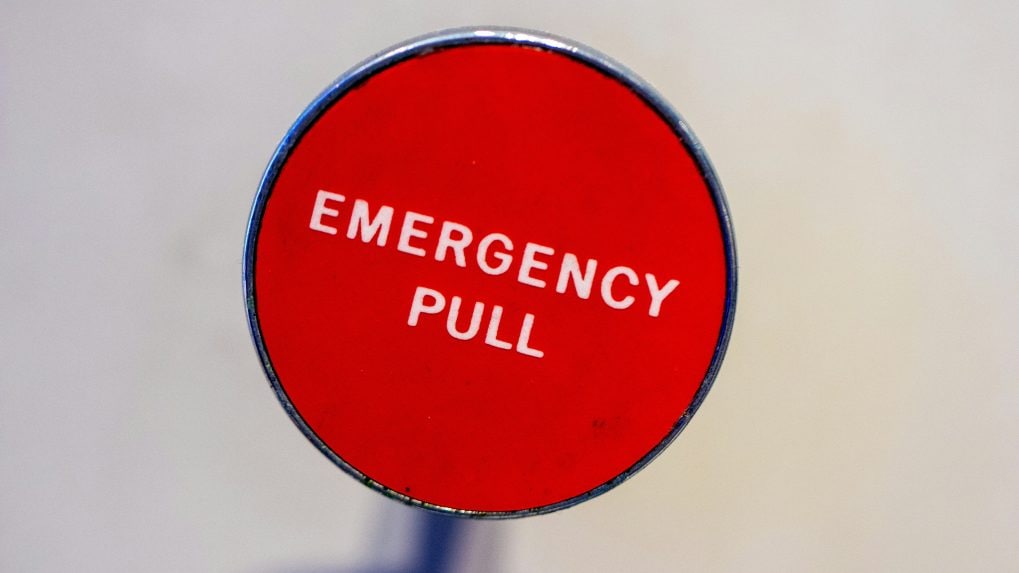How it Works
WPP, Havas, Omnicom: Are advertising’s biggest holdcos recasting agencies as AI Operating Systems?

As part of the Crisis Council series on Media Dialogues with Storyboard18, experts Lloyd Mathias and Archana Jain joined Delshad Irani to discuss how brands can deal with reputation risks in a hyperconnected world. One of the biggest red flags to emerge was the lack of preparedness among startups—even as crises become more frequent and fast-moving.
In today’s age of hyper-speed outrage, startups often find themselves unprepared and unequipped to manage brand crises. Many have built their businesses for growth and customer acquisition, but not for the reputational risks that can wipe out goodwill overnight.
Despite the increasing intensity and frequency of public backlash, vulnerability assessments and crisis simulations remain rare. Many new-age founders don’t invest time or budget into crisis manuals or training teams to respond in emergency situations. It’s viewed as a cost rather than risk mitigation.
This gap is even more visible in comparison to legacy corporations, which—even if slowly—have usually maintained some version of a playbook or crisis committee. Large listed companies have begun to include reputation and social media risk in their risk management practices. Startups, however, still tend to put such planning at the bottom of their to-do list.
The irony is that new-age companies live entirely online and grow on social media buzz—which also makes them more vulnerable to digital backlash. Yet many teams don’t know whom to alert when a problem goes viral. They don’t have a lawyer on call, an internal communications plan to reach employees, a holding statement to buy time, or clarity on who speaks on behalf of the brand.
No matter how fast or innovative a startup is, the absence of a basic crisis structure can create chaos. As one of the speakers noted, crisis management follows a sequence: mobilise, stabilise, strategise. But if mobilisation itself is missing, there is no platform to do damage control. All it takes is a social media firestorm to derail momentum and erode trust.
In a world where brand perception changes in minutes, crisis preparedness is not a luxury—it’s operational hygiene. The message is clear: startups must invest in early protocols, train cross-functional teams, and build a standby plan before the storm breaks. Because when it does, speed without a system is just panic.
WATCH: Crisis Counsel - How to handle Brand Risk Management
From purpose-driven work and narrative-rich brand films to AI-enabled ideas and creator-led collaborations, the awards reflect the full spectrum of modern creativity.
Read MoreThe Storyboard18 Awards for Creativity have unveiled a Grand Jury comprising some of India’s most influential leaders across advertising, business, policy and culture, positioning it among the country’s most prestigious creative award platforms.